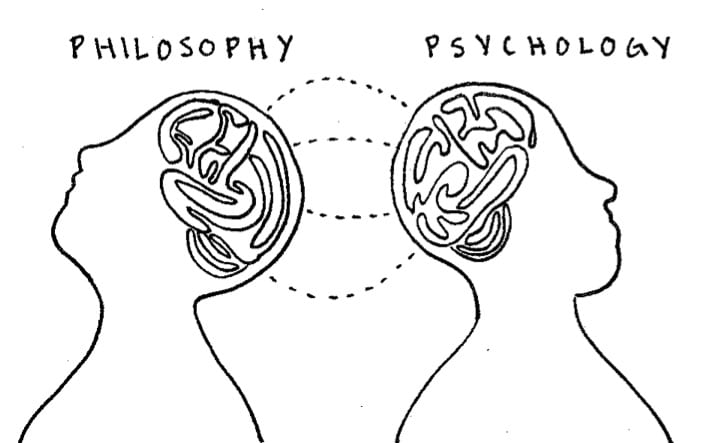
When I tell my family that I am double majoring in philosophy and psychology, I often find myself greeted with an inquisitive look, as though I said two polar opposites like French literature and microbiology. However, they are usually assuaged when I clarify that both psychology and philosophy study the mind, simply by asking different questions. And yet, that initial reaction of confusion is one which is prevalent and one I would like to address. Both psychology and philosophy can, when integrated, complement each other and provide profound insights.
First, to discuss how philosophy majors may benefit from courses in psychology, it will be important to clarify which areas we are discussing. There are some fields, such as metaphysics and theology, for which the empirical study of the mind will not be particularly useful. However, the study of ethics, free will, essentialism and a great many other features of philosophy would undoubtedly benefit from experiments testing particular hypotheses. In the study of ethics, knowing how one decides whether to act or not has long been considered a simple matter: we do what we think is best. However, the study of fallacies, instances where we do what is not best, or even what we don’t think is best, requires empirical study. From a foundational understanding of how people make decisions in their everyday lives, we can then discuss how we ought to make decisions and what our priorities ought to be. Aside from learning the content of certain psychological studies, philosophy majors would benefit from learning how to read psychological studies critically, as well as to properly refute those studies which make claims they can’t support. Finally, philosophy majors develop the skill to ask questions, but by taking courses in psychology we can learn how to find answers through conducting our own studies.
Next, to discuss how psychology majors may benefit from courses in philosophy, we ought to consider the skills developed in philosophy. One essential skill is to consider multiple hypotheses, which requires being able to ask what each hypothesis requires in order to be valid and to embrace disagreement. These are important components of good psychological work, but often they are not taught to the same extent that they are taught in philosophy. Additionally, philosophy offers excellent material in the development of hypotheses: the work of Cognitive Psychologists, even to this day, is informed by the ancient Greek philosophers known as the Stoics, who developed sophisticated techniques to monitor and control the mind.
Humanism, an important school of psychology which has led to patient-centric care and positive psychology, is even today informed by Buddist philosophy and the work of existentialists like Soren Kierkegaard. Psychology majors who study philosophy have access to a plethora of resources from which to generate hypotheses and to evaluate theories critically.
Ultimately, both psychology and philosophy ought to be studied alongside one another, and the cross-pollination of ideas ought to continue to spread between them. However, there is much work to be done, and more courses which address both studies ought to be generated.
The most straight-forward example of such integration may be moral psychology, which takes hypotheses and arguments from philosophy and informs them with research in psychology. However, even this course is in its infancy across the world. Moral psychology is taught on some campuses, including St. Olaf, but there is not yet a textbook which teachers may call upon as they develop their curriculum. Instead, such courses are taught by professors who must pull together texts and sources themselves. But, there is hope for improvement, as St. Olaf’s own Chuck Huff is currently close to publishing the first-ever textbook on moral psychology. A dense tome consisting of hundreds of sources per chapter, the text took him seven years to create, and will hopefully serve to show future professors and students that philosophy and psychology ought to be studied and taught in collaboration with each other.
Matthew Erickson ‘19 (ericks4@stolaf.edu) is from St. Paul, Minn. His major is Philosophy and Psychology.

